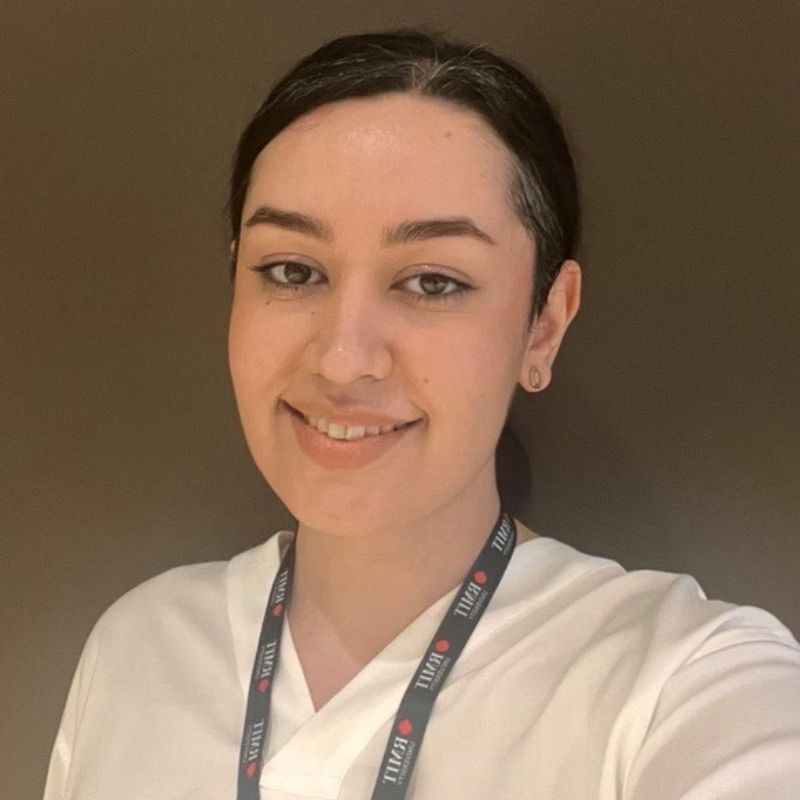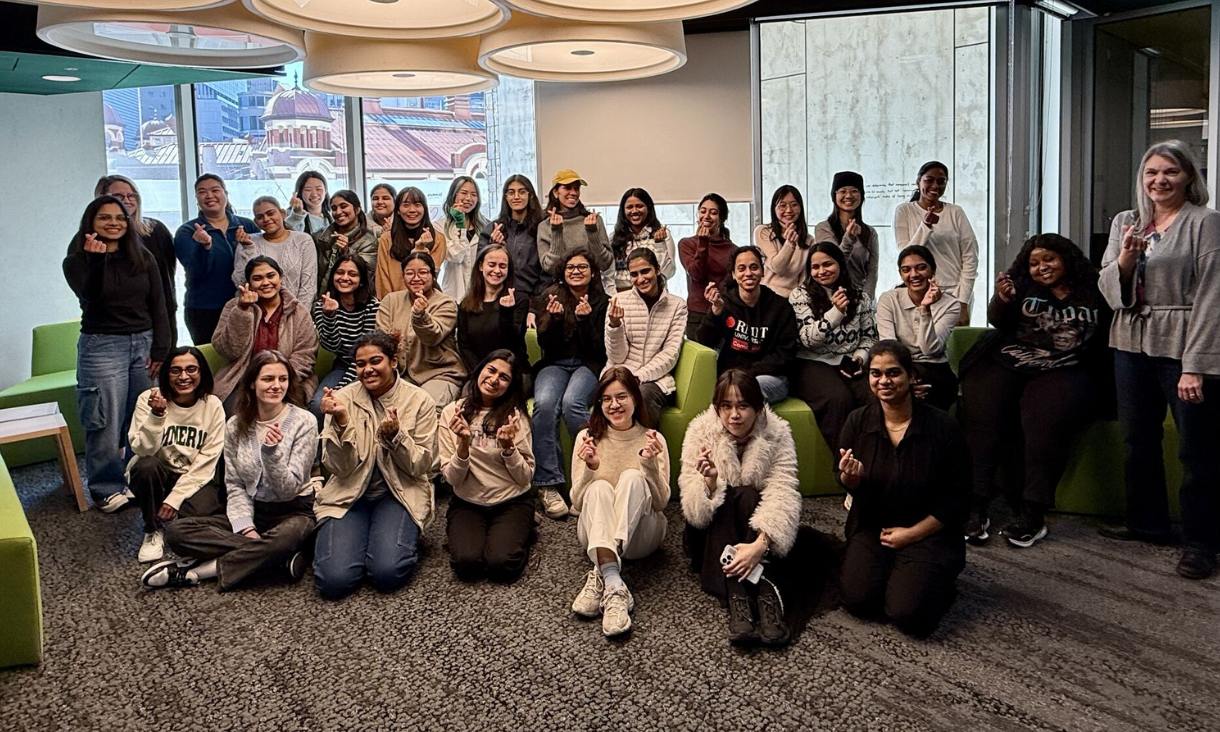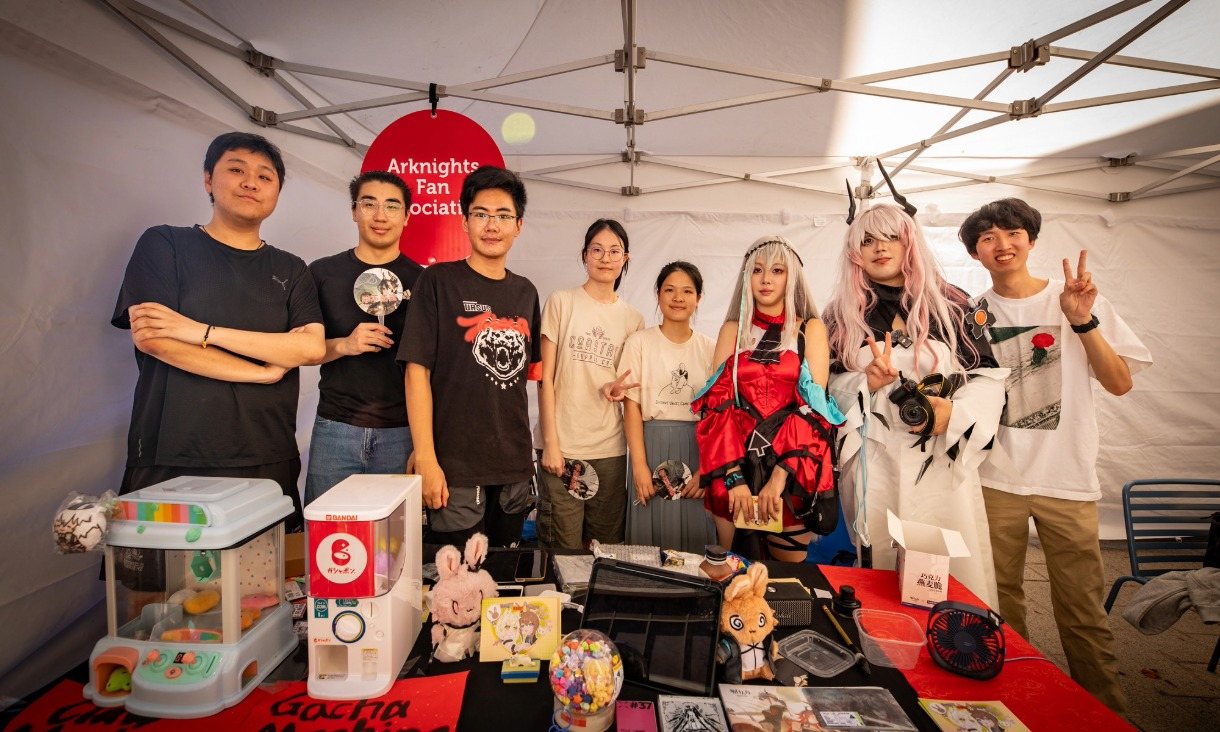Bringing together female thinkers for greater impact: Applications open for Women in Tech cohort of Apple Foundation Program
The Apple Foundation Program at RMIT provides a supportive environment for learners to build technical skills and confidence, connect with experts, and unlock future opportunities in technology.
Message from the Vice-Chancellor: Racism@Uni Study findings released
The findings of the Racism@Uni Study have been released, following a nation-wide survey all Australian university students and staff were invited to complete in September 2025.
Thinking about a minor as part of your undergraduate degree?
STEM College has introduced new minors available to all undergraduate students, no matter your discipline, designed to equip you with future-ready digital skills.
First Semester 101: Finding your community at RMIT
Your time at RMIT isn’t just about studying – it’s also about discovering your interests and connecting with people. Whether you’re into sport, creativity, culture, or just spending time with fellow students, there are plenty of ways to find your community and make your experience your own.










